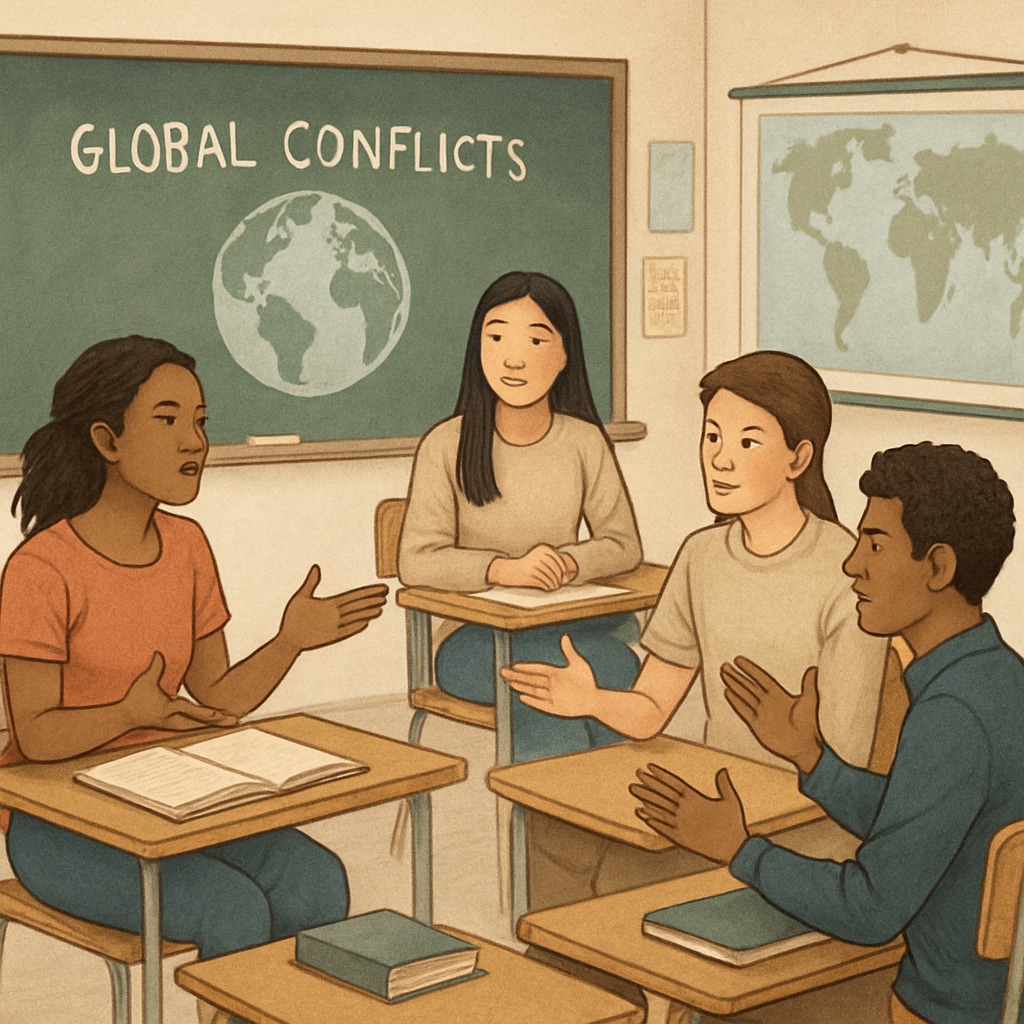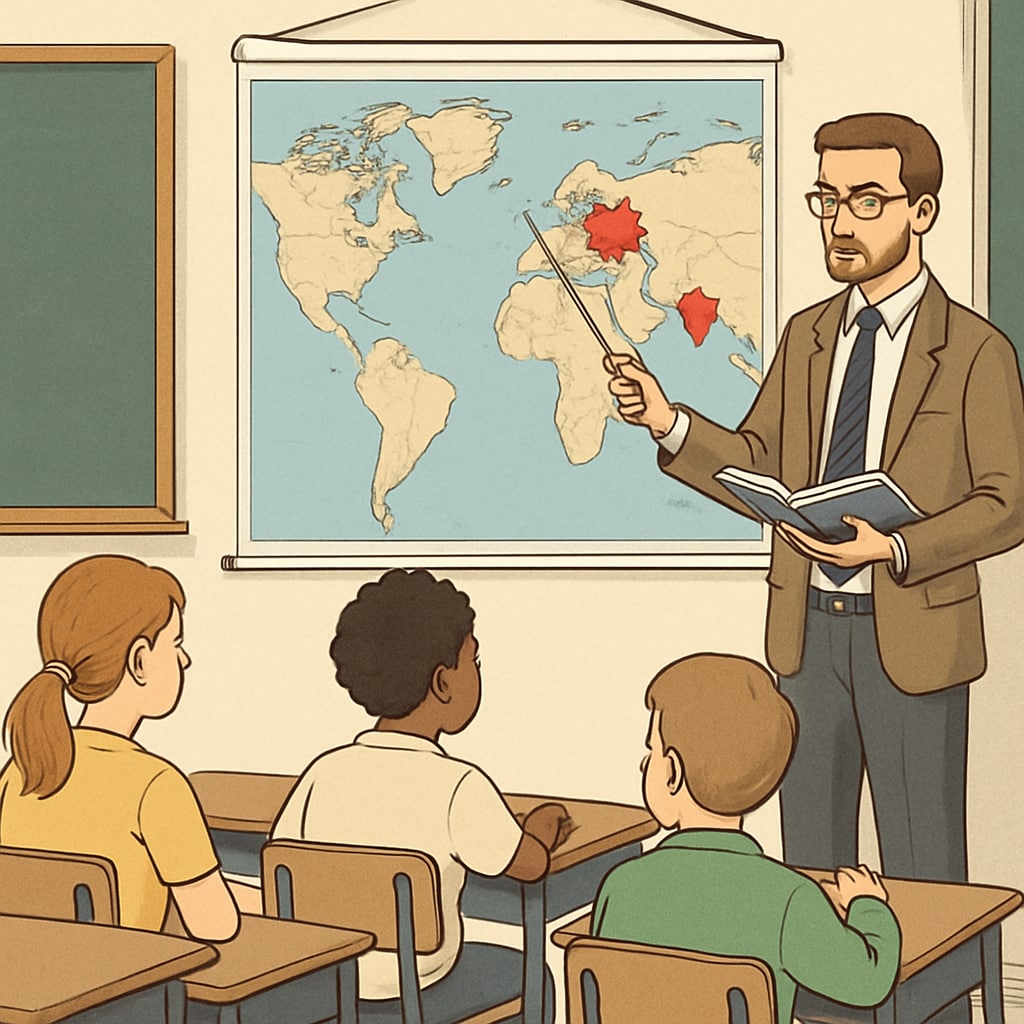The controversy surrounding schools’ decisions to generalize Gaza-specific mourning into a broader “global war victim remembrance” highlights critical issues of educational integrity and political avoidance. The approach, while appearing neutral on the surface, raises questions about the responsibility of educators to address pressing global crises, such as the ongoing conflict in Gaza, in a truthful and courageous manner. This article discusses the implications of such decisions and calls for moral courage in the face of complex geopolitical realities.
The Problem with Generalization: Educational Neutrality or Avoidance?
When schools choose to broaden a specific mourning activity—such as observing a moment of silence for Gaza victims—into a generalized remembrance for all global war victims, it might seem like an inclusive gesture. However, critics argue that this move dilutes the significance of specific tragedies and sidesteps the opportunity to educate students about the particularities of events like those unfolding in Gaza. This decision risks oversimplifying complex realities and erasing the voices of those directly impacted.
For example, the Gaza conflict involves questions of human rights violations and alleged genocide, topics that demand critical engagement. By generalizing the mourning activity, schools may inadvertently turn a blind eye to these urgent issues, opting for a sanitized narrative that avoids controversy. As a result, students are deprived of the chance to critically examine real-world events and develop informed perspectives.

Moral Courage in Education: Addressing Sensitive Topics
Educators often face the challenge of navigating politically sensitive topics. While neutrality may seem like the safest route, it can also reflect a lack of moral courage to confront difficult realities. In the case of Gaza, the conflict embodies issues of systemic violence, displacement, and international accountability—all of which are crucial for students to understand as global citizens.
Teaching about Gaza does not mean taking a political stance; rather, it means presenting factual information and encouraging critical thinking. Educators have a duty to foster an environment where students can explore complex issues without fear of bias or censorship. Avoiding specific tragedies like Gaza under the guise of neutrality only perpetuates ignorance and disengagement.
The Role of Schools in Shaping Global Awareness
Schools are more than just institutions of academic learning; they are spaces where values, empathy, and global awareness are cultivated. By addressing specific crises like Gaza, schools can empower students to become informed advocates for peace and justice. This involves teaching about the historical and political contexts of conflicts, as well as the human stories behind them.
For instance, educators can integrate multimedia resources, survivor testimonies, and historical analyses to provide a balanced perspective on Gaza. These tools not only enhance students’ understanding but also encourage empathy and critical thinking. As a result, students are better equipped to navigate the complexities of global issues and contribute meaningfully to discussions about conflict resolution.

Moving Forward: A Call for Educational Integrity
In conclusion, the decision to generalize Gaza-specific mourning into a broader remembrance for global war victims reflects deeper issues of political avoidance in education. While neutrality may seem like an attractive option, it can undermine the educational responsibility to address pressing issues with honesty and courage.
As educators, the challenge lies in balancing sensitivity with the need for factual and critical engagement. By embracing moral courage and educational integrity, schools can transform moments of silence into powerful opportunities for learning and reflection. Addressing conflicts like Gaza is not merely a political act—it is an educational duty that fosters global awareness and empathy in future generations.
Readability guidance: Use short paragraphs for clarity and include lists where appropriate. Ensure active voice dominates the text and incorporate transitional phrases to improve flow (e.g., however, for example, as a result). Avoid long sentences and focus on concise, impactful language.


